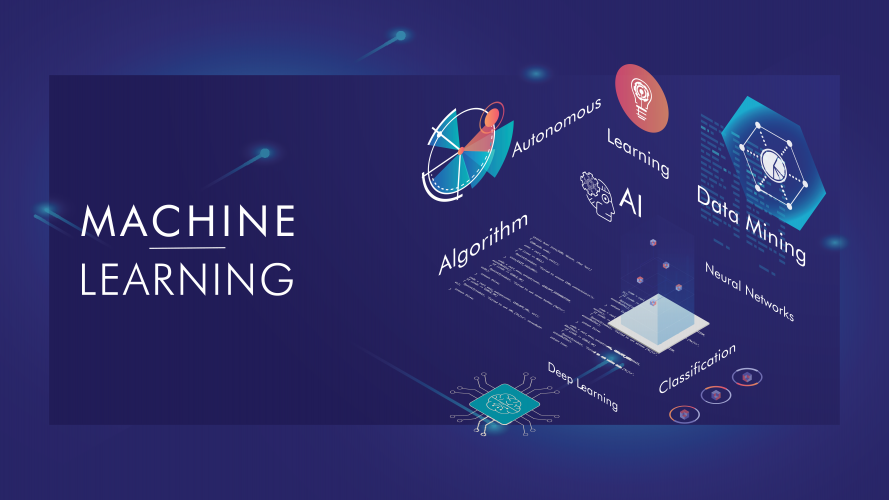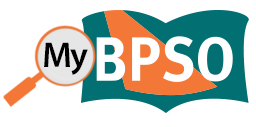
Publisher’s note: More than 1,000 health service and academic organizations on five continents are actively engaged in the Best Practice Spotlight Organization (BPSO)* program. They have formal partnerships with RNAO to implement and measure the impact of multiple best practice guidelines (BPG) on patient outcomes, as well as organizational and health system outcomes.
For almost two decades, BPSOs around the world have diligently monitored and evaluated their shifts to evidence-based practice through the implementation of RNAO BPGs. As part of their work, they have collected valuable information on practice changes, educational programs to support implementation, new policies and infrastructure within their organizations, health outcomes, and much more.
So, what happens with this information?
With the permission of BPSOs, it is now being analyzed with the help of machines. With this knowledge, RNAO will be able to capture and share details on how evidence-based practice results in better outcomes for patients, providers, organizations and the health system overall. This will help enhance the effectiveness of the day-to-day practices of nurses and other health professionals using RNAO’s clinical and healthy work environment BPGs.
Known as artificial intelligence (AI) and machine learning, this initiative is already beginning to make headway. It has tremendous potential to improve nurses’ and other caregivers’ practice and prevent harm by predicting pressure injuries, pain, falls and other risks – depending on the BPG used – and by offering early intervention strategies. This innovation will further improve health outcomes.
RNAO offers BPSOs two complementary data systems to monitor and report on their progress:
- The Nursing Quality Indicators for Reporting and Evaluation (NQuIRE®) is the quantitative data system that helps BPSOs to evaluate the impact of BPGs.
- MyBPSO is the qualitative data system through which BPSOs submit anecdotal information about their implementation strategies and experiences.
From information to action
RNAO’s BPGs enable organizations and their health-care teams to create evidence-based cultures, improve quality and consistency of care, increase access to quality services and reduce health-care costs. They also help organizations enrich their work environments. With the help of AI techniques, RNAO can identify the specific BPG recommendations or combination of interventions that will have the most significant impact on health outcomes.
When BPSOs report on their implementation activities – whether related to preventing falls, providing patient-centred care or other interventions – they are collecting and reporting information from which they learn and improve their practice.
These data already provide BPSOs with a deep understanding of their work, which they use for rapid learning and practice changes. As the BPSO program continues to expand worldwide, machine learning will enable a deeper understanding of the overall data and corresponding strategies for improving practice and outcomes. Together, RNAO and its more than 1,000 BPSOs will have an even greater impact on patient care because the learnings gained through this initiative will be available to the broader health-care community and the public.

AI and BPSOs: “A new frontier”
There are many broad applications of AI and machine learning in health care. For example, through the collection of medical imaging data, AI and machine learning techniques are currently assisting radiologists in identifying lesions, tumors, and suspicious spots on the skin.
Similarly, RNAO – with 49 BPGs and more than 1,000 BPSOs in all sectors, settings and 20 countries – will use information from both its NQuIRE and MyBPSO data systems to identify the most effective clinical and work environment interventions for better outcomes. For example, RNAO can identify the two or three most impactful interventions to predict and prevent falls. It can determine the most meaningful interventions to ensure patient- and family-centred care, successful lactation, tobacco cessation, and more. Pinpointing these interventions will further support effective implementation and sustainability of BPG recommendations.
“We are embarking on a new frontier that combines RNAO’s robust evidence-based practice guidelines with AI-powered technology,” says RNAO CEO Dr. Doris Grinspun, founder of the BPG and BPSO programs. “We are charting a vision that brings the next phase of our world-renowned programs to everyone, with one common goal: improving health outcomes for all.”
This work will continue through 2022 and beyond, with knowledge-sharing events, educational sessions and lots of interdisciplinary collaboration between BPSO leaders, RNAO staff and clinical nurses in various settings. “We are excited to see our expert staff and BPSOs integrating intuitive machines, working together to enrich RNAO’s multi-faceted BPSO program for the benefit of all,” Grinspun says.
Watch for a more in-depth feature about RNAO’s AI and machine learning initiative, and early results, in a future issue of RNJ. And learn more about AI and nursing by reading RNJ's coverage of the groundbreaking report, Nursing and Compassionate Care in the Age of Artificial Intelligence (2020).

